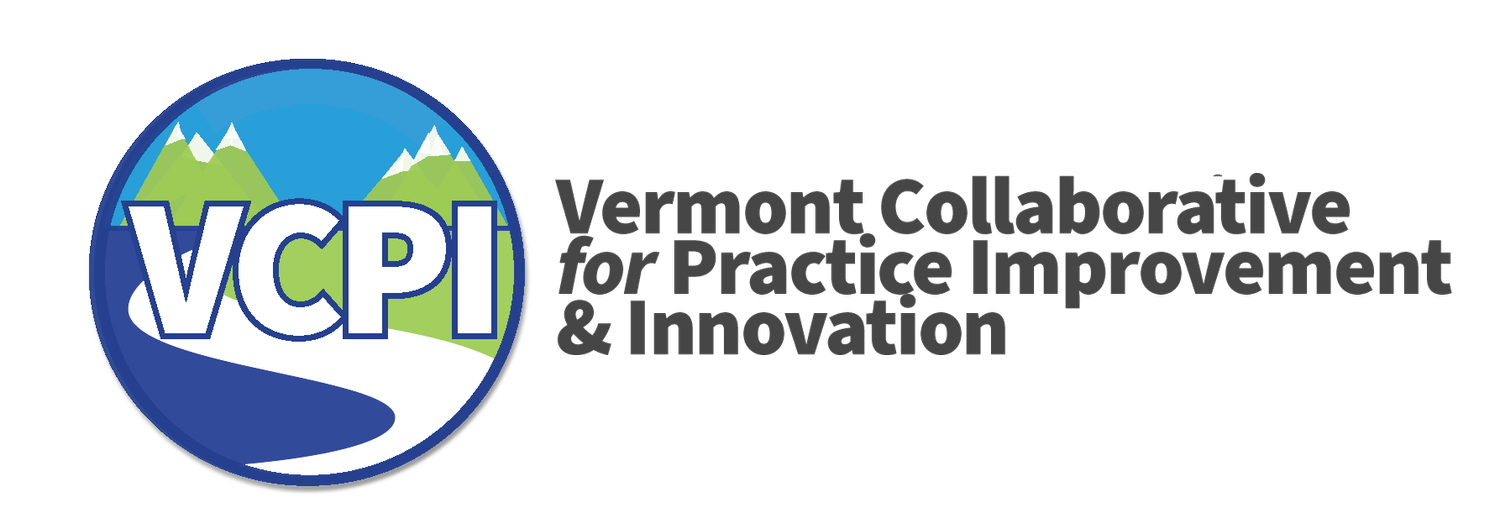Note: This training is hosted by VCPI’s workforce development partner Vermont Addiction Professionals Association (VAPA).
Advocacy Skills for Underserved Communities (online)
Find the full agenda and register for the webinar here.
About
The updated 2025 NAADAC Code of Ethics states that “addiction professionals advocate on behalf of their clients,” yet many counselors report uncertainty about when and how to fulfill this responsibility in real-world practice. While counselors regularly encounter patients whose progress is limited by unmet needs and barriers across care systems, advocacy often feels unclear, overwhelming, or outside one’s scope. This training is designed to close that gap by offering a practical, ethical, and action-focused approach to advocacy. Participants will learn how to identify key obstacles affecting patient care, determine appropriate advocacy actions using structured frameworks, and communicate concerns to decision-makers within and beyond their organizations. The session also emphasizes our ethical obligation to “ensure that all persons, especially the disadvantaged, have access to the opportunities, resources, and services required to treat and
manage their disorders.” Through guided exercises, counselors will practice gathering relevant information, drafting advocacy communications, and proposing realistic system improvements that strengthen support for patients with unmet needs.
Trainer
Samson Teklemariam, LPC, CPTM, is the Vice President of Clinical Services for Behavioral Health Group (BHG). Samson also serves as the Southeast Regional Vice President for NAADAC, the Association for Addiction Professionals. He is an accomplished leader with a history of driving organizational results with learning and development solutions. He was formerly the Director of Training and Professional Development for NAADAC and National Director of Learning and Development for Phoenix House Foundation. Samson is a certified lea trainer for the Cognitive Behavioral Interventions for Substance Abuse (CBISA) curriculum, Calm Every Storm: Crisis Prevention & Intervention curriculum, and experienced in treating trauma-related disorders using trauma-focused cognitive behavioral therapy (TFCBT) and Seeking Safety.
Learning Objectives
Participants will be able to implement ethical principles that guide effective counselor advocacy for patient needs.
Participants will be able to apply screening expectations to identify unmet needs that impact patient care.
Participants will be able to advance advocacy efforts using the Counselor-Advocate-Scholar framework.
Participants will be able to draft concise advocacy communications using data and patient-centered insights.
Participants will be able to propose system improvements that strengthen support for patients with unmet needs.
